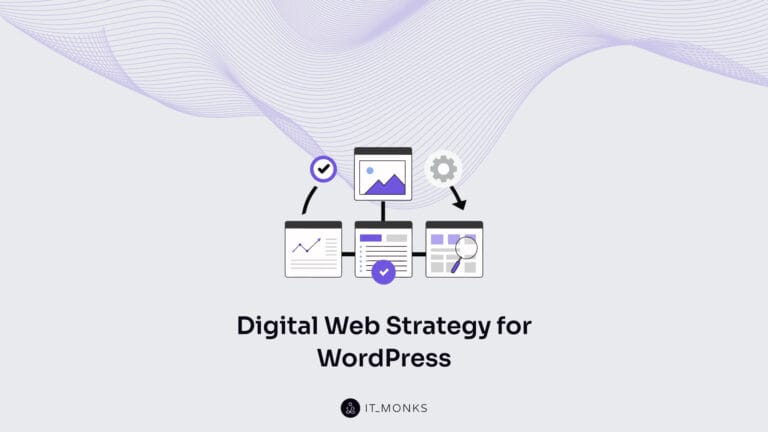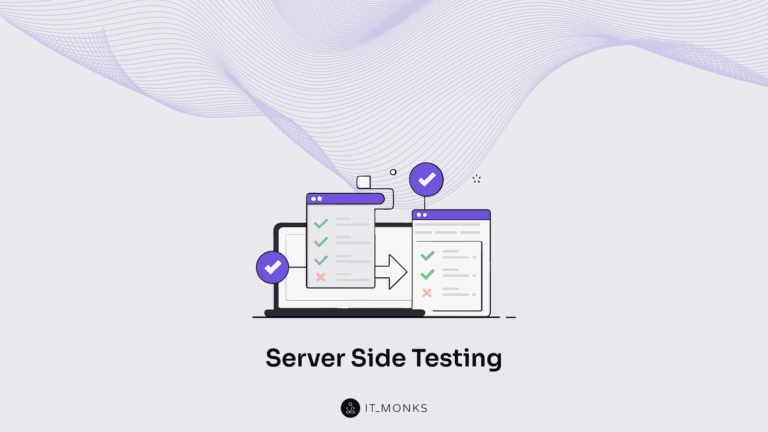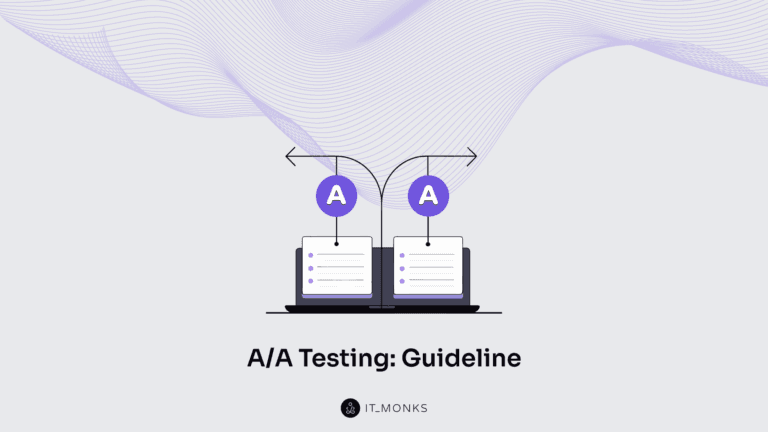eCommerce Peak Season. Last-Minute Checklick for Web Engineers [Part 2]
Table of Contents
One of our previous blog posts discussed preparing for holiday sales if you are a marketing specialist. This time we will focus on the steps web engineers should take to prepare for eCommerce peak season.
Regardless of the time of the year, we always have an occasion for a celebration. It’s especially true when winter approaches. With an increased number of businesses shifting online, it’s vital to prepare eCommerce websites to handle the most significant annual sales, manage an increased traffic flow, and make more customers happy with the exceptional quality of service your company provides. If you run a WooCommerce website, the annual sales season will likely bring you a more considerable user spike than ever. You must ensure your site won’t crash and provide customers with the most enjoyable and seamless online shopping experience. Mind the last-minute tips for web engineers in this article to prepare for the eCommerce peak season.
Load Testing
The COVID pandemic has brought many changes to our shopping behavior. Instead of purchasing goods at retail stores, we look for websites where we can check and order the same products without leaving our homes. It means that all businesses looking forward to generating more income during holidays and the rest of the year should be prepared to handle massive spikes of visitors.
To ensure a website handles eCommerce peak season, web engineers should turn to load testing. This non-functional testing method explores software or website behavior under different load levels. Your website’s performance should be the focus here. It’s important to ensure the interface doesn’t glitch, all pages load fast, and the overall user experience doesn’t suffer when you launch promo campaigns on your website.
Load testing suggests web engineers should check such vital aspects of eCommerce software as:
- Load-resistance;
- Hosting infrastructure;
- eCommerce site’s performance during different pressure levels;
- The maximum number of visitors a website can handle, etc.
Load testing and stress testing are two different website testing methods. Unlike stress testing, load testing doesn’t put your website under extreme conditions. Instead, it evaluates the eCommerce website’s operational capacity in life-like situations. Load testing allows web engineers to detect bottlenecks, i.e., elements that decrease the effectiveness of the whole system. Once found, such “defects” can be reconfigured to make your software more robust.
Some of the most common load-related performance issues include:
- User’s inability to add items to the shopping cart;
- Long loading times;
- Slow response of buttons and forms.
Stress Testing
Checking how a website works under unusual conditions and discovering situations under which it crashes should be on the web engineer’s eCommerce peak season checklist. The procedure is also known as non-functional testing. Its main goal is to help you discover where your website can break and see what happens in the worst scenario.
Stress testing runs by loading systems with enormous amounts of data or replacing regular files with corrupted ones to see how the software will react to new conditions. The main goal of performing stress tests is to ensure the system can quickly recover after a failure, and the files can be saved as a backup before the issue occurs to restore them after the collapse.
It’s strongly recommended that web engineers run stress tests before eCommerce peak seasons. Such performance testing procedure should be applied to the eCommerce website or application where users will shop and to the CRM system the company’s team will use for order processing.
eCommerce peak season has any peculiarities. It’s not only about the increased number of website visitors, and the number of orders eCommerce businesses should process. It’s only about customers’ behavior peculiarities. Customers’ behavior becomes chaotic. In anticipation of the eCommerce peak season and big sales, users can storm the catalog of your eCommerce website’s products, add and immediately remove loads of items from their shopping carts, continuously refresh the web page in anticipation of more items to be added or larger discounts to be applied. All this causes much stress to your website. To ensure your site resists during the eCommerce peak season, you should perform stress testing to prevent website crashes or other serious risks from happening.
Security Testing
Your customers should feel safe when sharing personal information while placing an order on your website. Security testing should also be added to web engineers’ eCommerce peak season testing checklist.
It’s a good practice to run off-schedule security testing on your website. When your eCommerce site is flooded with online transactions and gets at risk of crashing due to an influx of traffic, it gets more complicated to spot information leakage. If you don’t want your customers’ and eCommerce project’s sensitive information to be compromised, it’s recommended to go the extra mile with software security before the eCommerce peak season starts. Web engineers should also check that all third-party integrations and APIs used in your system (like PayPal, Apply Pay, Skrill, etc.) run error-free.
eCommerce Peak Season Testing Tips
If you want to test your online store and need help knowing where to start, consider taking the following steps to initiate the testing process.
- Check your website manually. To do that, write down the test case scenario with your customers’ steps during online shopping. It may include signup, new order placement, adding items to the cart or removing them, applying coupon codes, restoring passwords, etc. Write down the successful outcomes for each procedure. Take all the steps you mention on your list. If you notice unexpected results, note them down and specify the environment where you found the bug, the operating system you used, the device, and browser information. All this information should help the development team reproduce and fix the bugs.
- Some popular software testing tools include WebLOAD (for load and stress testing) and SonarQube (for security testing).
You can also rely on a professional QA service vendor that can provide impressive testing results without the biased vision that most in-house development teams have.
The eCommerce peak season is right upon us! Is your website ready? Ensure you cover the checklist to make your eCommerce project ready for increased traffic volume and more orders placed within a short term.
Contact
Don't like forms?
Shoot us an email at [email protected]




